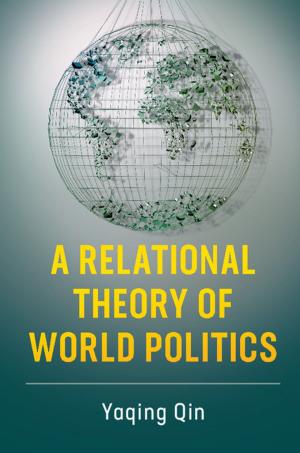Judgment Day
Judicial Decision Making at the International Criminal Tribunals
Nonfiction, Reference & Language, Law, International| Author: | Rosa Aloisi, James Meernik | ISBN: | 9781316800232 |
| Publisher: | Cambridge University Press | Publication: | June 16, 2017 |
| Imprint: | Cambridge University Press | Language: | English |
| Author: | Rosa Aloisi, James Meernik |
| ISBN: | 9781316800232 |
| Publisher: | Cambridge University Press |
| Publication: | June 16, 2017 |
| Imprint: | Cambridge University Press |
| Language: | English |
This book demonstrates how, after many years of inactivity after the World War II tribunals, judges at the Yugoslav, Rwanda and Sierra Leone tribunals, and to a lesser extent the International Criminal Court, have seized the opportunity to develop international law on war crimes, crimes against humanity and genocide. Meernik and Aloisi argue that judges are motivated by a concern for human rights protection and the legacy of international criminal justice. They have progressively expanded the reach of international law to protect human rights and have used the power of their own words to condemn human rights atrocities. Judges have sentenced the guilty to lengthy and predictable terms in prison to provide justice, deterrence of future violations and even to advance peace and reconciliation. On judgment day, we show that judges have sought to enhance the power of international justice.
This book demonstrates how, after many years of inactivity after the World War II tribunals, judges at the Yugoslav, Rwanda and Sierra Leone tribunals, and to a lesser extent the International Criminal Court, have seized the opportunity to develop international law on war crimes, crimes against humanity and genocide. Meernik and Aloisi argue that judges are motivated by a concern for human rights protection and the legacy of international criminal justice. They have progressively expanded the reach of international law to protect human rights and have used the power of their own words to condemn human rights atrocities. Judges have sentenced the guilty to lengthy and predictable terms in prison to provide justice, deterrence of future violations and even to advance peace and reconciliation. On judgment day, we show that judges have sought to enhance the power of international justice.















